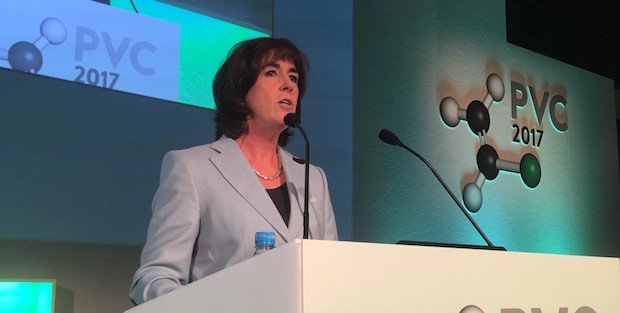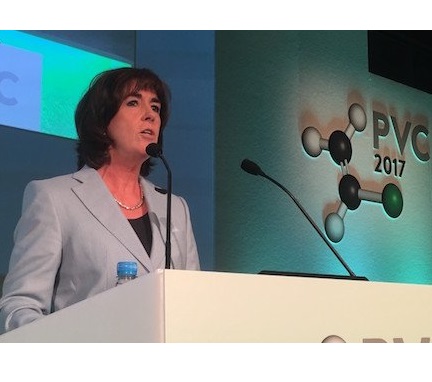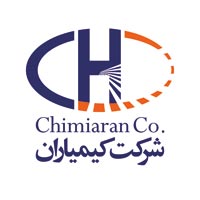Nearly 600,000 Tonnes of PVC Recycled in 2016 through VinylPlus Network
PVC recyclers have never been so busy, with 568,696 tonnes of the plastic material being recycled throughout the VinylPlus European framework in 2016.

This optimistic news was delivered by VinylPlus General Manager Bridgitte Dero at PVC 2017 in Brighton yesterday (April 25th).
The triennial PVC forum – the world’s largest – brought together decision-makers and stakeholders in the world of PVC, which has, according to Vero transformed its image from being the ‘black sheep’ of plastics to a pioneer and choice material thanks to its on-going sustainable evolution.
Circularity frontrunner
More than 3.5 million tonnes of PVC has been recycled in the VinylPlus network since 2000, with the vast majority of recycled materials being made up of window profiles, cables, pipes and fittings.
Naturally, nearly 600,000 tonnes of PVC recycled is just the beginning for VinylPlus, setting itself an annual target of 800,000 tonnes by 2020.
“VinylPlus is now recognised by external stakeholders and is considered by many as a frontrunner for the circular economy,” Vero said in her keynote at PVC 2017. “We reached this position by achieving significant and concrete results and have consistently demonstrated our commitment through action. Having recycled nearly 600,000 tonnes of PVC last year, we have demonstrated through the VinylPlus Voluntary Commitment that we can divert from landfill significant volumes of PVC waste, thereby contributing to resource efficiency.”
As well as redirecting more PVC waste from landfill to recycling, VinylPlus places ‘paramount importance’ on the quality and safety of the recycled PVC product utilising a system of tracing and certification for its approved recyclates. Moreover, work is underway to include schemes such as EuCertPlast to standardise criteria for secondary raw materials to further support circularity in PVC, stimulating demand and helping to prevent material loss.
Other recent VinylPlus achievements include the development of an Additives Sustainability Framework – a new science-based system for assessing the sustainable use of additives in PVC products. The first ASF is almost complete for window profiles.
Sustainable design
In her presentation, Vero also touched upon how VinylPlus provides solutions to numerous highlighted in the EU discussion on Plastics Strategy and the vision that ‘all plastics should be designed, manufactured and used in a sustainable manner, while increasing their durability.
“VinylPlus has made successful progress across all challenges identified in the Voluntary Commitment increasing the sustainability performance of PVC. This is thanks to the efforts of many companies delivering quality products (virgin and recyclates) safely,” she stated. “Our journey continues to address all concerns and engage the PVC industry towards sustainability as a whole through dialogue and practical partnerships. The united PVC industry shows the way.”
Source: eppm













